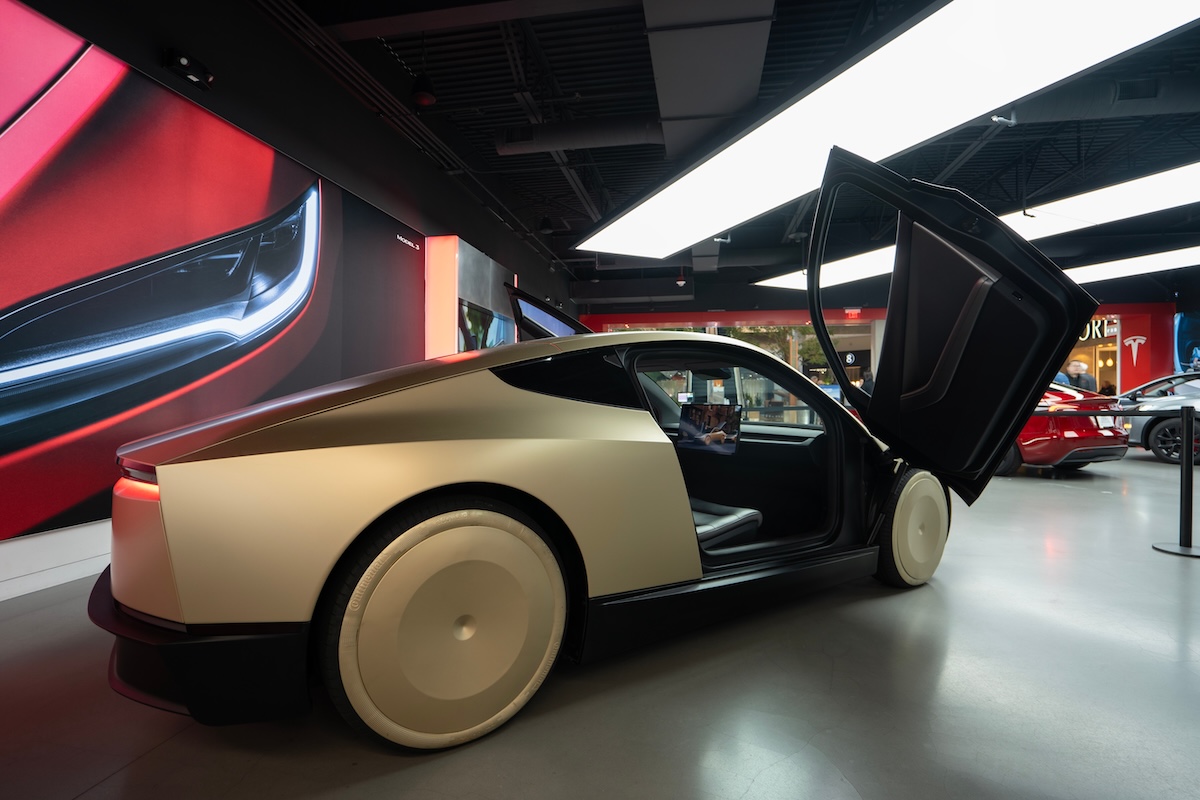
For all the talk about competition, ride-hailing in the U.S. has never really had it.
Uber (UBER), founded in 2009 — three years before Lyft (LYFT) — has held a near monopoly for almost its entire existence, and by a wide margin. Since 2017, Uber has controlled between 68% and 76% of the U.S. ride-hailing market.
That dominance is also reflected in the market cap. Uber trades is a $173 billion comapny, while Lyft — its closes competitors — has a market cap of just under $7 billion.
But while Uber’s edge over Lyft seems untouchable, the company is facing a different kind of threat, one that doesn’t involve human drivers at all.
Tesla (TSLA) is expected to launch its long-awaited robotaxi service in Austin, Texas this June, finally moving on the autonomous driving promises Elon Musk has been making for more than a decade.
Its first real competition will be Alphabet-owned Waymo, which began operating paid robotaxi rides in Austin earlier this year and is currently logging 250,000 paid rides per week across Austin, Los Angeles, San Francisco, and Phoenix.
The company plans to expand to Atlanta, Miami, and Washington, D.C. in 2026.
And while Tesla may be the newcomer in this space, some believe Musk’s track record — from building the dominant EV maker to reshaping the aerospace industry — gives the company a real shot at disrupting ride-hailing, too.
‘Competing with Tesla on cost will be almost impossible’
Musk, as expected, isn’t shy about Tesla’s ambitions. “I don't see anyone being able to compete with Tesla at present,” he said on the company’s most recent earnings call.
But some, including Tesla skeptics, aren’t convinced.
“Although Tesla hopes to compete with Waymo someday, they've failed utterly and completely at this for each of the 10 years they've been talking about it,” said former Waymo CEO John Krafcik in a statement to Business Insider.
Tesla's former global head of growth Jorge Milburn believes Waymo is overlooking Tesla’s operational efficiencies as a long-term edge.
“Tesla knows how to make cars cheaply at scale like no one else in the West. They’re also super cheap to run and generally require low maintenance,” Milburn posted on X.
“They won’t have to pay a middle-man marketplace fee, they will charge on sites which are already profitable and use service infrastructure that already exists.”
Uber’s backup plan
While Tesla and Waymo race toward full autonomy, Uber has opted to partner.
The company has already teamed up with Waymo to offer autonomous rides in Austin and will soon expand that partnership to Atlanta.
Morningstar analyst Mark Giarelli says this model could go either way for Uber.
In his view, self-driving car companies could end up replacing Uber as the go-to app for rides — or they might team up with Uber instead, helping it cut costs and boost profits.
In the same report, Giarelli also pointed to the inherent cost advantage of driverless vehicles.
“Autonomous vehicles have a superior cost structure,” he wrote. “The mandatory classification of gig workers as full-time employees could compress margins and hurt the company.”
Nevertheless, he remains bullish on Uber’s ability to maintain its lead.
“Uber consistently strengthens these metrics by adding new users and collecting data on every trip which allows them to continually improve dynamic pricing and utilization algorithms which, in turn, increases the value proposition to AV companies,” he said.
Giarelli believes Uber will hold the lead in the ride-hail market and claim the lion’s share of the food delivery market.
Your email address will not be published. Required fields are markedmarked